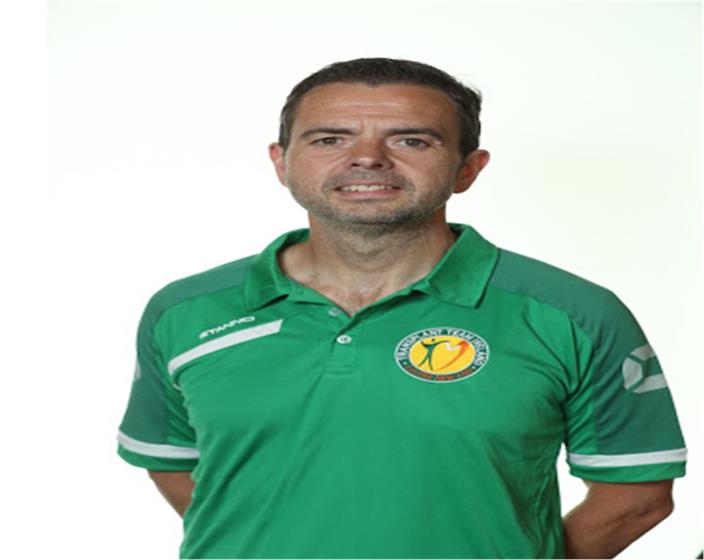Trevor Lynch running for his life

When Trevor Lynch was diagnosed with lymphoma, his whole world changed. Throughout all the challenges for him and his family, running became a key support for his body and his mind, as recently featured in the Irish Runner. From his base on the outskirts of London, Trevor has risen from keeping fit to the podium of the Transplant Games!
Trevor grew up in Limerick, where, as a young child he enjoyed team sports and cycling and ran on occasion simply to keep fit. Having completed his degree in computer systems in 1990, he says he became part of a classic Irish tale, which saw him leave the country to find work in the UK. “I ended up in London but got itchy feet after three years and moved to Atlanta for 10 years. IT is a great career as you can move around the world.” After a time also spent in France, Trevor moved back to the UK with his girlfriend (now his wife) in 2002 and he has been living there since, raising his two children, Kieran and Aisling.
In 2012, Trevor’s life was turned upside down when he was diagnosed with lymphoma and began a six-month course of chemotherapy. “I decided I would prove to myself and everybody that this was not going to get on top of me. My brother was going to run the Dingle half marathon that year, so I set my sights on that. I started to go for light jogs through the chemo – everyone thought I was nuts, but it was the only thing that got rid of the nausea, nothing else kept it away. It really kept me going through the treatment, it made it bearable.” Having finished the chemotherapy in June, he ran the marathon the following September. “I really enjoyed it. It is a beautiful run, very scenic. And I thought: I am going to keep this up!” Trevor was now in remission and was determined to keep up the running. He began to partake in triathlons as a new challenge and continued his running as a daily exercise.
Unfortunately, however, Trevor’s health was to suffer once again. “The lymphoma I had was a low-grade version, which is actually really difficult to treat – they say high-grade lymphoma is more easily cured because in low-grade, you have cancerous cells that are dormant so they can’t be detected and can’t be treated. And so, it came back. I started to notice the effects in October 2013. The reason I noticed was that I found my running performance was really poor all of a sudden. Something just wasn’t right. I couldn’t run as fast as I usually could, and I was very bloated.”
The recommendation for treatment was a bone marrow transplant. As Trevor explains, there are two types: “One, where you donate your own stem cells and then follow with a blast of heavy chemotherapy; and one where you have a donor donate stem cells, which can bring with it all types of complications.” They tried first to use Trevor’s own stem cells and he had the transplant in May 2014, following more chemotherapy, which was used to get the disease back in remission in order to generate the stem cells needed. Trevor kept up the running two to three times a week during the treatment. After the transplant though, he was very weak. “I wasn’t able to run for six weeks. I started again by running slowly to two houses down from my home and I’d walk back again. Then, I would go four houses down, then six. By September, I was back to my usual running again.” In November of that year, he set up a free local weekly 5km run in his town, 40 miles west of London – the Risborough Run in the Park.
“I became a big believer that exercise is a big complement to treatment: the fitter you are going in to and coming out of treatment is a good thing and it also helps your mind”
Trevor has since gone on to compete in the Transplant Games.
“I owe my life to the work of the National Health Service for successfully getting me through all my treatment. I am hugely appreciative of the Irish Kidney Association and the work they do to support organ donation and for allowing me to join Transplant Team Ireland – such a welcoming family, which illustrates how life after transplants can be positive. Every day, I think of my donor and the wonderful gift he gave to me and my family. Organ donation is such a wonderful thing – we should all ‘have the chat’ with our families and ensure we can save more lives by signing up to become donors.”
Full story on this link
There are many more stories of those competing at the British Transplant Games on this link
